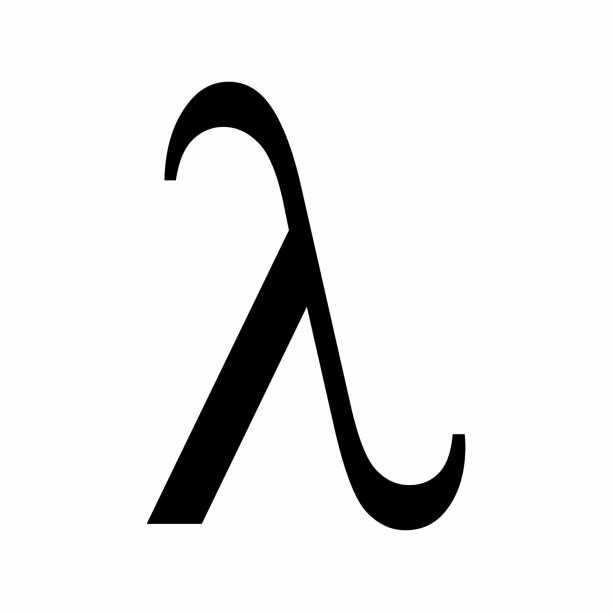As a linguist who is new to the Digital Humanities (DH) and Computational Cultural Heritage (CCH) community, I have been learning each day about a new project or research methodology being employed by my colleagues and I am deeply impressed with the thoughtfulness of all of their work. Naturally, I’ve been looking for a project of my own and trying to tackle a vast quantity of brand new literature. Any scholar who has switched gears at some point will attest that this is no easy task. Having said that, it’s simultaneously true that if you give a Linguist spare time, they’ll just fill it with more Linguistics. This means that whatever direction that I choose to go in, ultimately, all roads lead to Semantic inquiry. So, allow me to start with a bit of Linguistic reflection and then elaborate on how such reflections are guiding my journey into the DH/CCH world.
A great linguist once told me that nearly all debates in Linguistics are really about Representation. Why is that? Well, one thing that we know is that there is a high degree of dependence in Human Language between Form and Interpretation. And one of the major things that we need to have correct in order to explain this dependency is what the proper representation of the given items are. Until we know what words (morphology) and sentences (syntax) really “look like”—what sort of representations are in play—we can’t explain too accurately how they interact to produce meaning (semantics).
Let’s consider the two sentences below:
- Morris is a handsome Linguist. = Morris is handsome AND Morris is a Linguist
- Morris is a skillful Linguist. = Morris is skillful qua Linguist ≠ Morris is skillful AND Morris is a Linguist.
Sentences (1) and (2) are virtually identical save for the adjectival modifier, respectively, handsome and skillful. However, the properties that these modifiers attribute to Morris, the subject, are quite different. In the case of (1), Morris is asserted to be both handsome and a linguist. The properties are independent. Morris remains handsome even if he ceases to be a Linguist. But in the case of (2), Morris is only skillful insofar as he is a linguist. Morris may in fact only be good at Linguistics and is not really skillful in any other dimension of life. That is, (2) doesn’t mean that Morris is a skillful person or skillful in all matters.
The surface structure of the sentences or an understanding of the level of embeddedness of these lexical items within the noun phrase will not assist you here. Only an understanding of an underlying representational difference of the adjectives will solve this mystery for you. And unfortunately, this phenomenon is not restricted to some small handful of modifiers but is a robust property of the lexicon. Some examples are even more complex. The textbook case is beautiful.
- Olga is a beautiful dancer.
Sentence (3) can have several meanings. Either, Olga is beautiful AND a dancer; Olga is beautiful (as far as dancers are concerned), or Olga dances beautifully.
Since I think about language in this kind of way, I’ve so far been the most interested in understanding both the abilities and limitations of the computational tools that DH/CCH researchers put to use in their analyses of Language; as well as what ways they put them to use. In turn, I think about how Linguistic research might be used to improve upon that functionality. Those sorts of questions are generally thought of as being in the purview of Computational Linguists and NLP researchers. However, I have been surprised to discover how lively of a conversation is occurring within the DH/CCH community regarding such questions. While it is true that there is DH/CCH research that focuses on wielding the latest in computational tools to tackle practical research questions in the domains of Archaeology, Museum Studies, Literature, etc; there is also a healthy amount of research energy devoted to asking questions about the computational/digital tools and techniques themselves. I very much look forward to getting more involved in the linguistic side of this conversation.
This month I begin designing a research project that I will execute over the Spring semester of 2024. I have not finalized many of the particulars but it will involve Text Analysis and utilization of spaCy. My next post will discuss project details and whatever challenges that I have encountered up until that point.
To close, if you are interested in learning more about Natural Language modifiers (adjectives and adverbs) please read: Morzycki, Marcin. 2015. Modification. Cambridge University Press.
